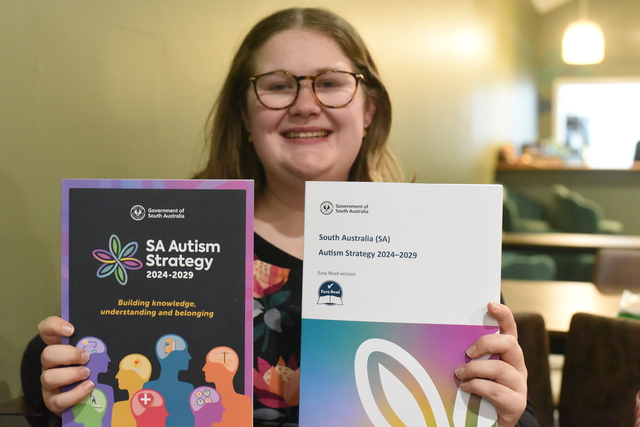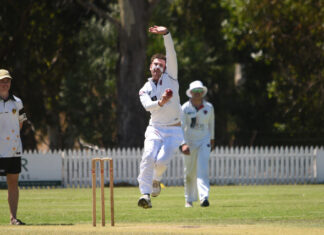Autism strategy launch supported by locals

Digital Edition
Subscribe
Get an all ACCESS PASS to the News and your Digital Edition with an online subscription
West hands devastating loss to Mil Lel
WEST GAMBIER 5/359 and 1/38 d YAHL 10/191
WEST Gambier made its way through to the semi finals of Barber Shield cricket after giving Mil...







